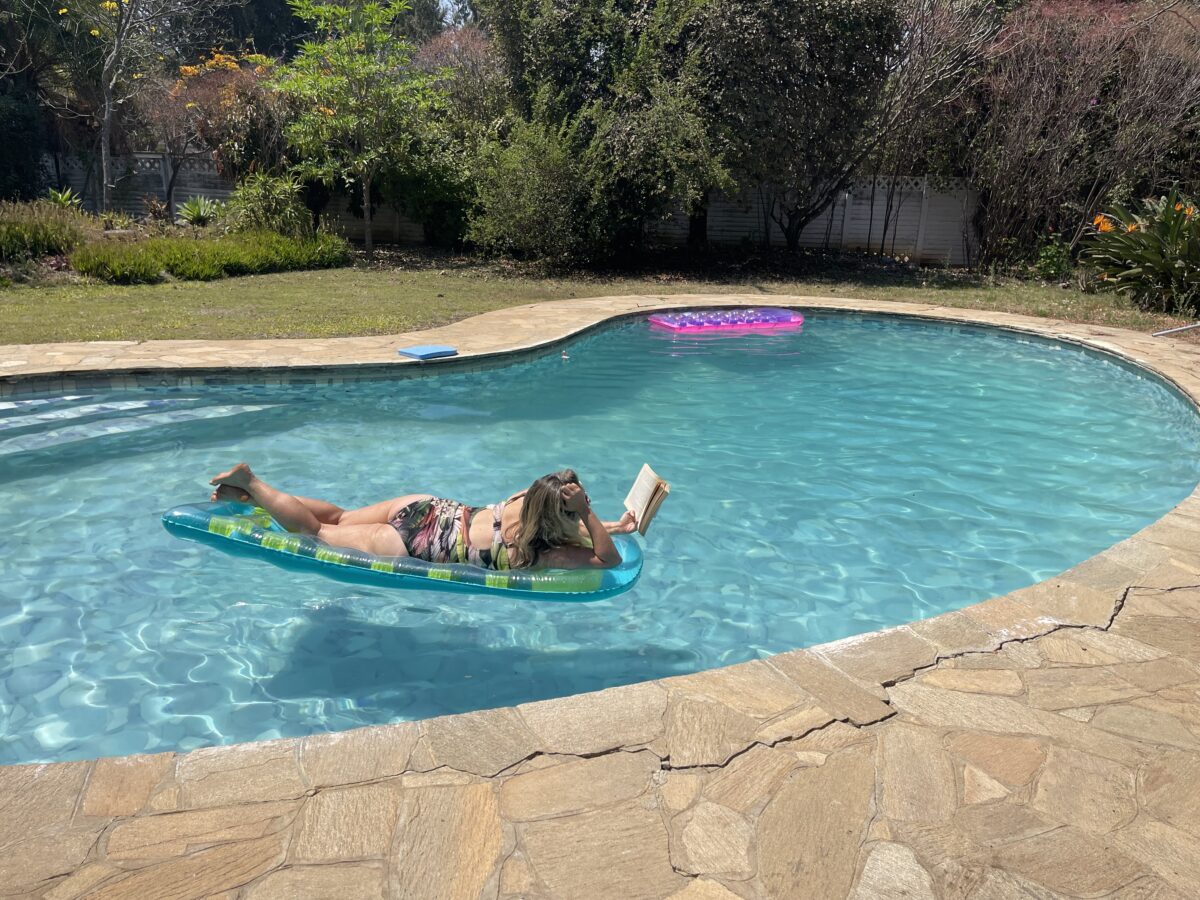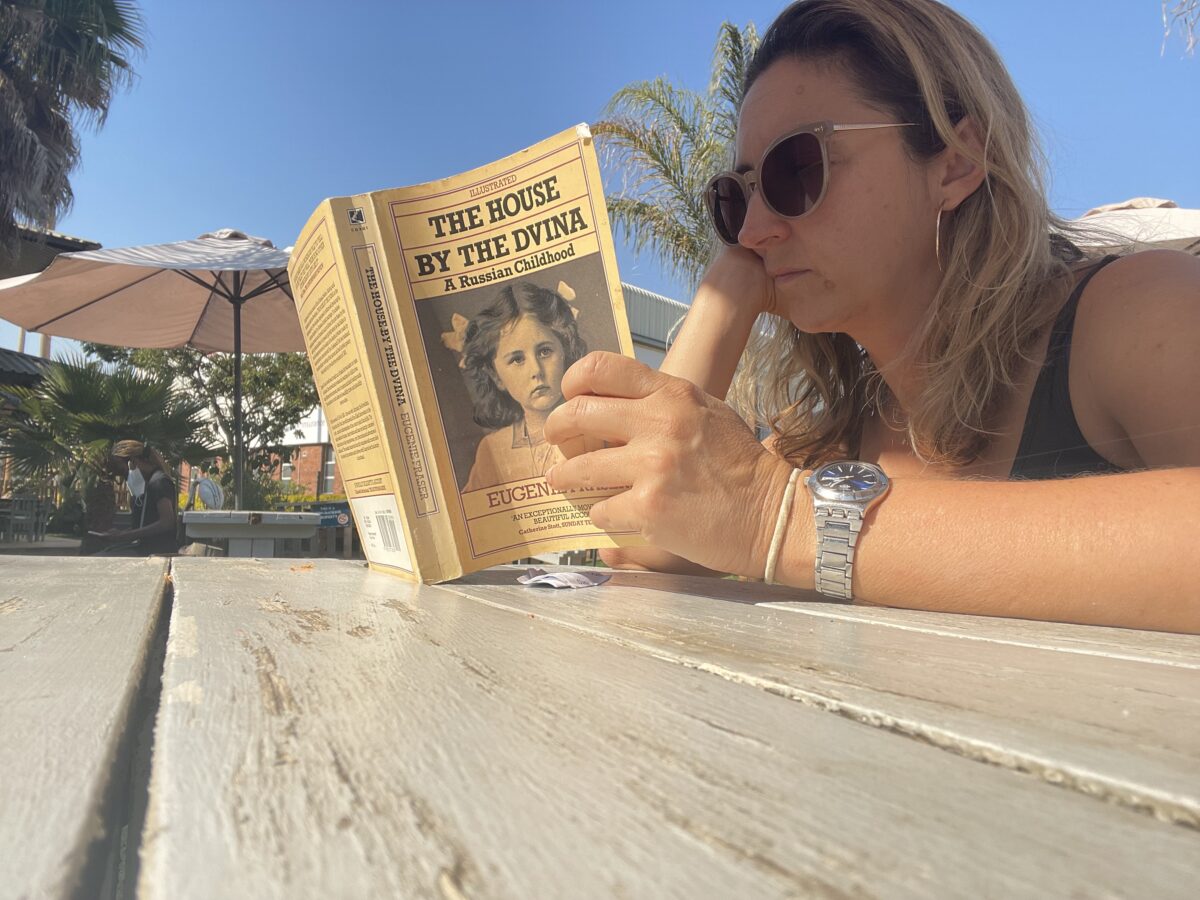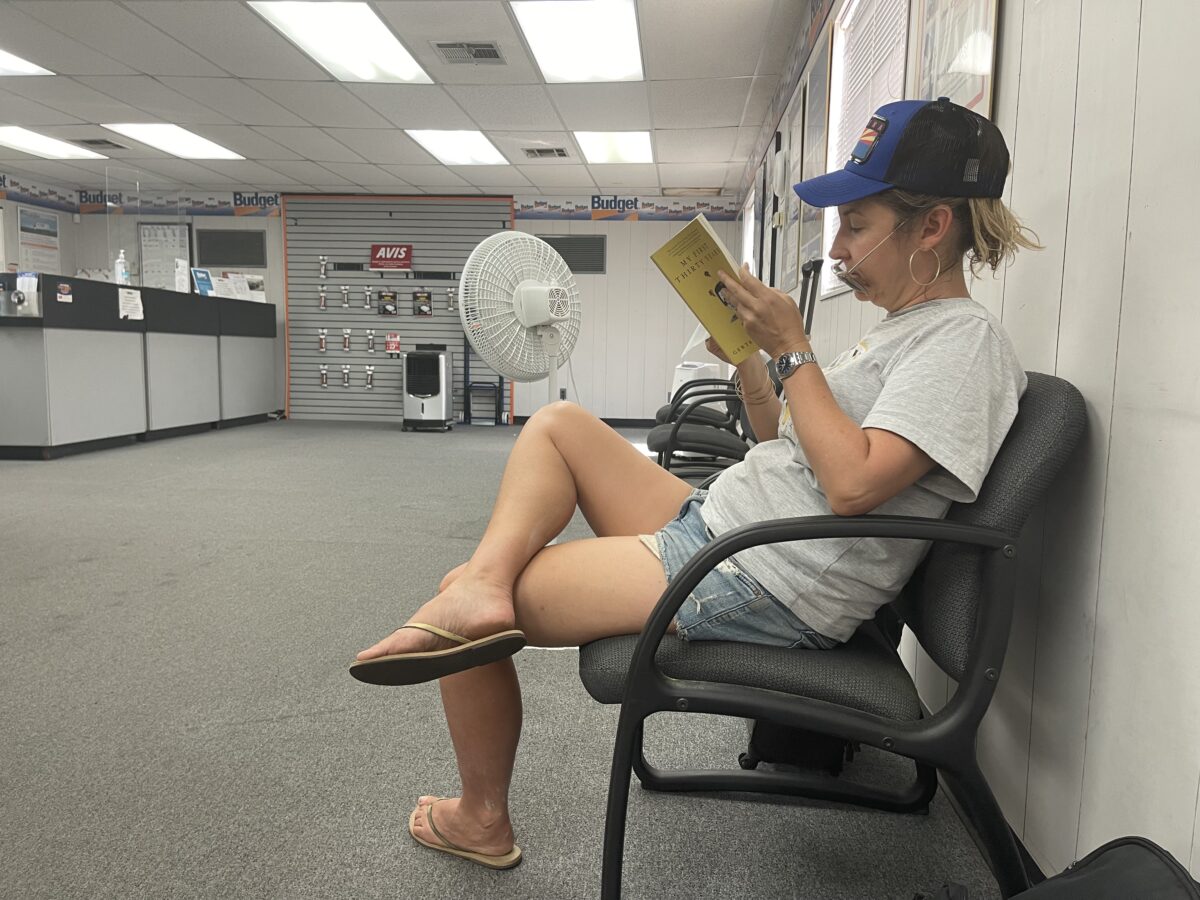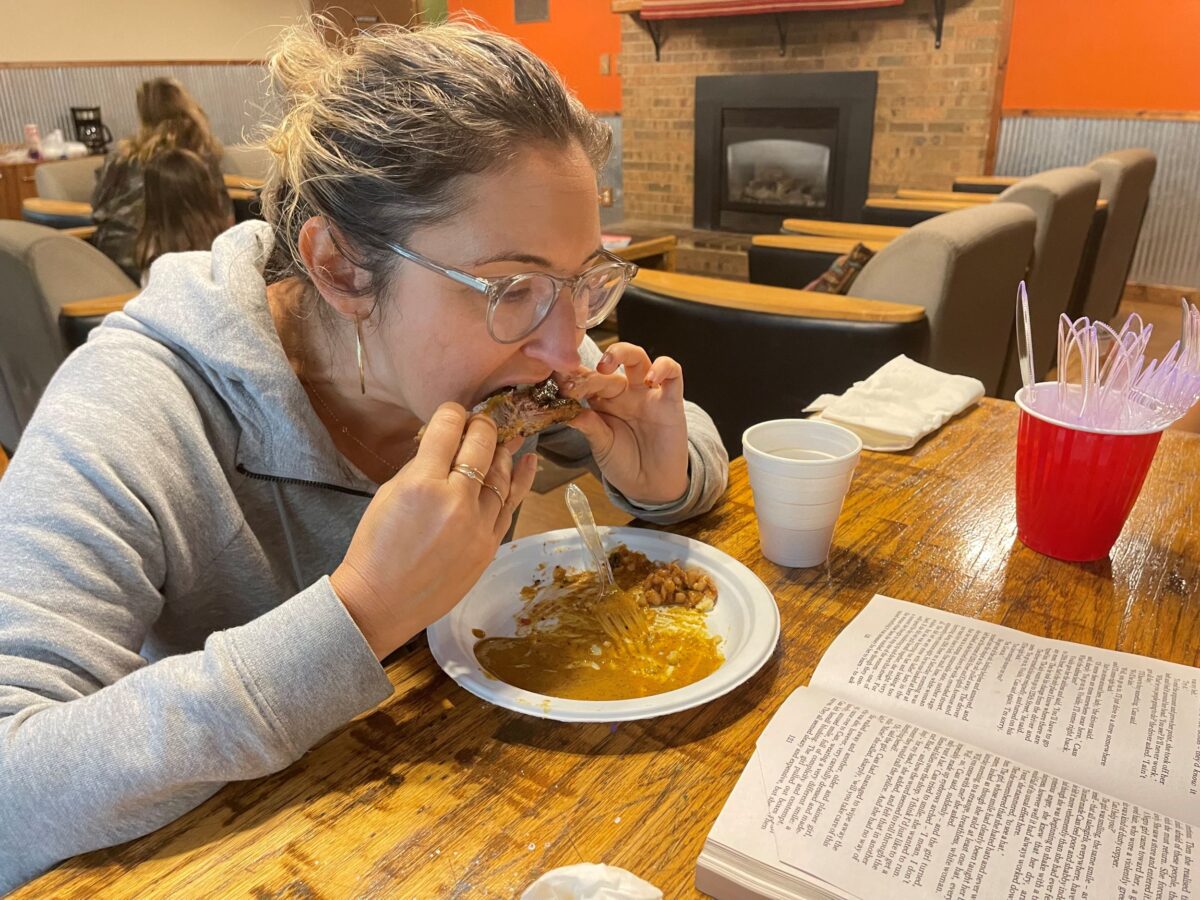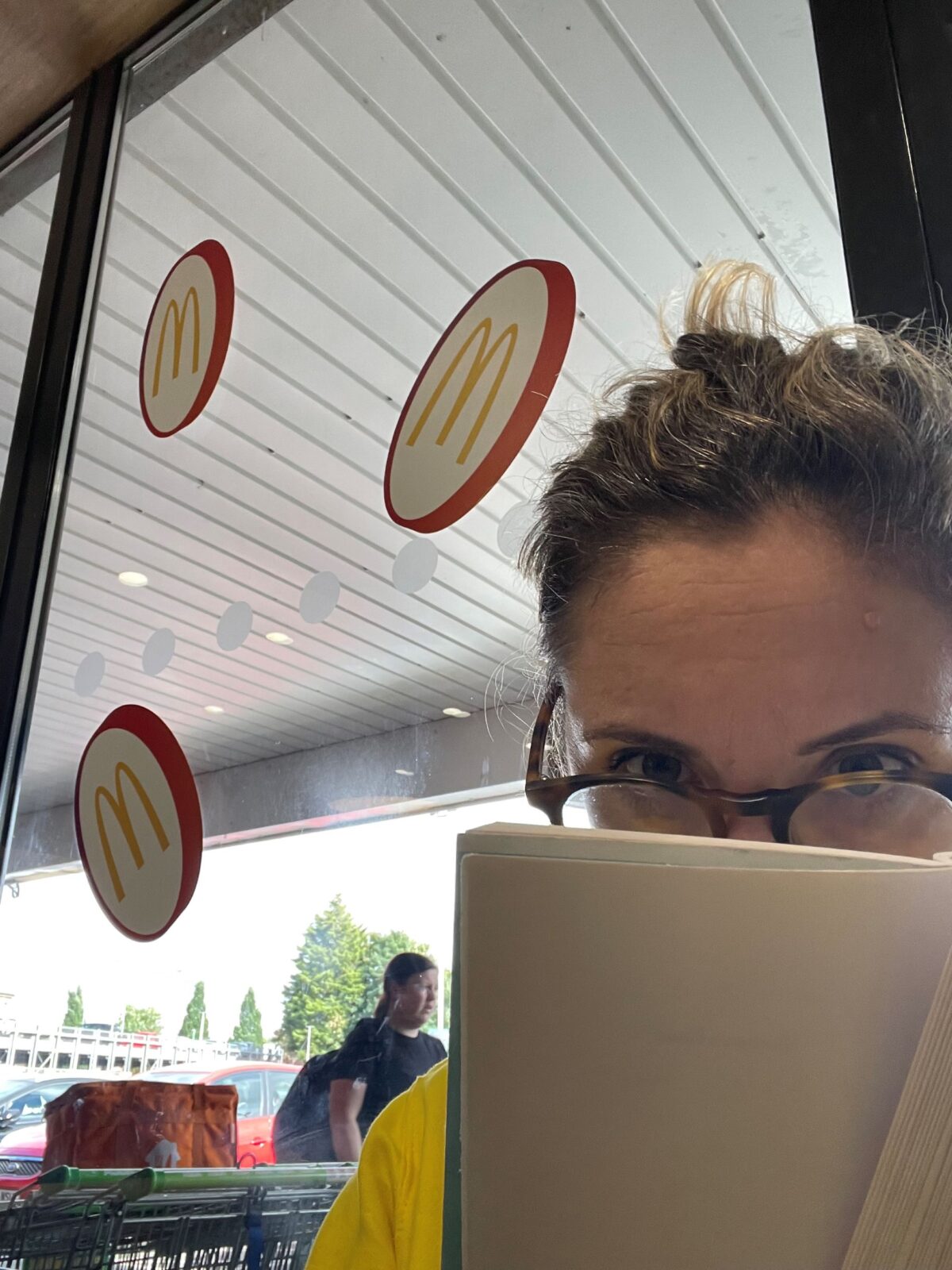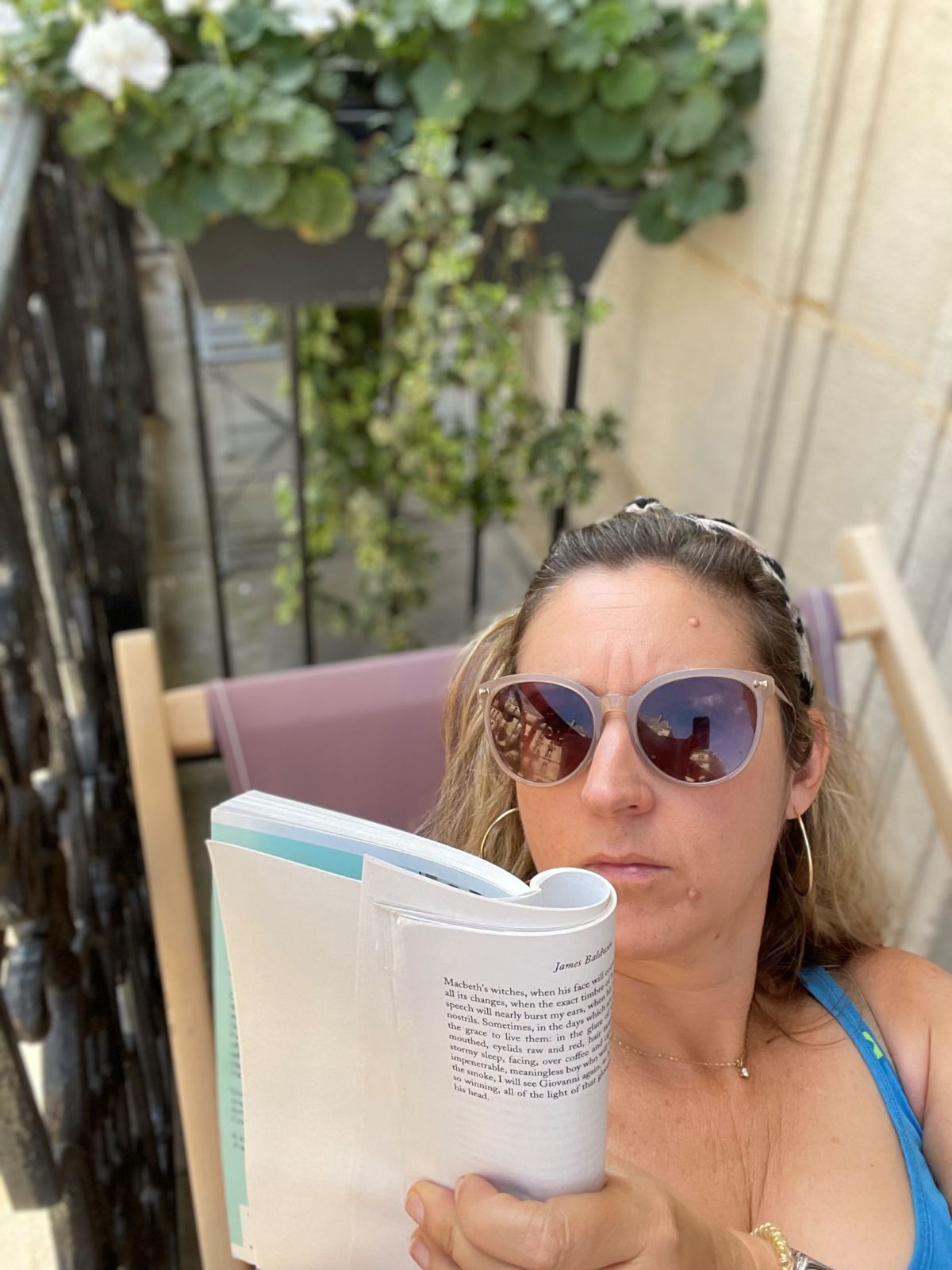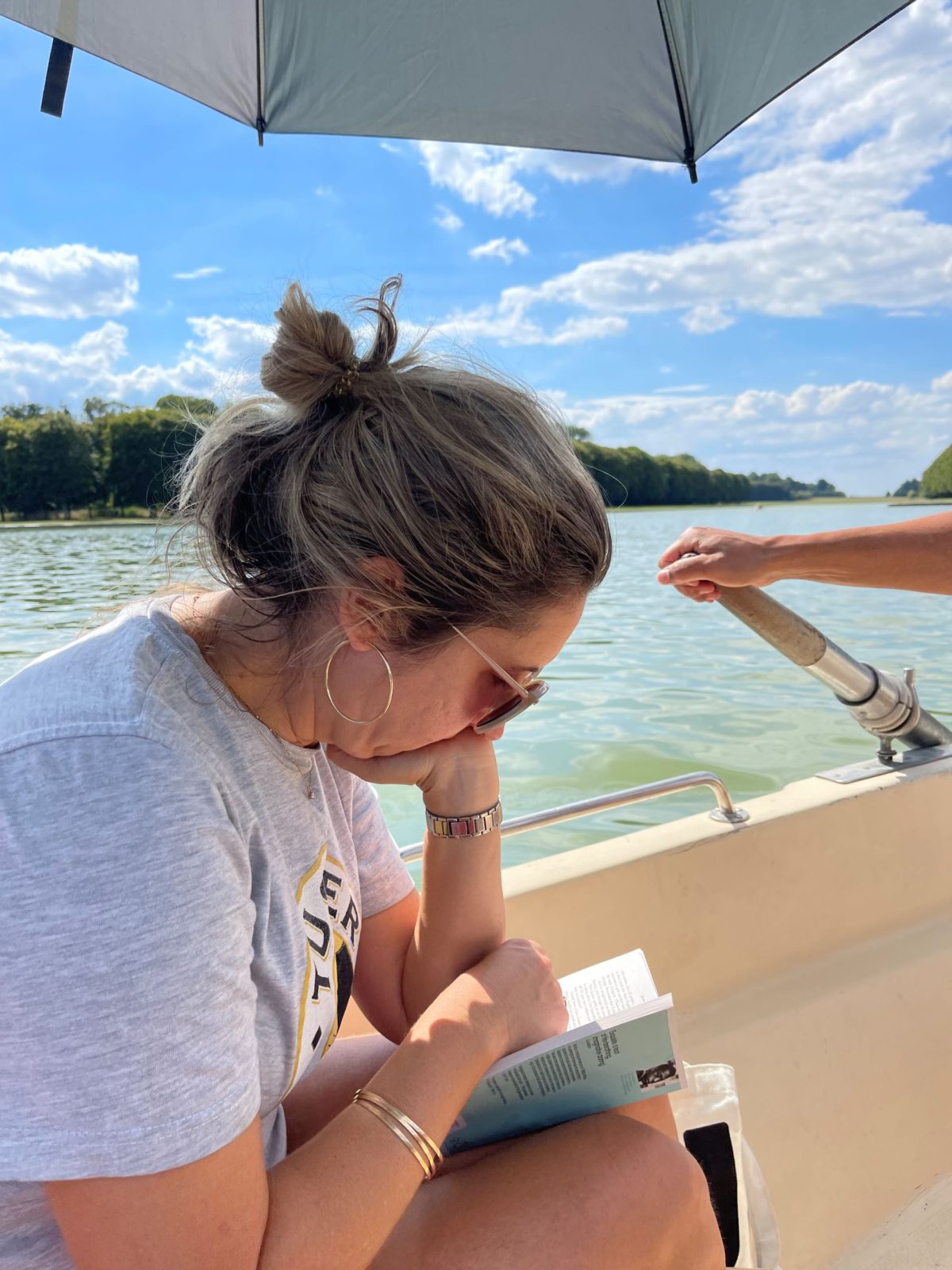Get ready for how this memoir begins:
Thirty years ago, I lay in the womb of a woman, conceived in a sexual act of rape, being carried during the prenatal period by an unwilling and rebellious mother, finally bursting from the womb only to be tormented in a family whose members I despised or pitied, and brought into association with people whom I should never have chosen.
If first paragraph not enough, let’s go to the second one:
Sometimes I wish that, as I lay in the womb, a pink soft embryo, I had somehow thought, breathed or moved and wrought destruction to the woman who bore me, and her eight miserable children who preceded me, and the four round-faced mediocrities who came after me, and her husband, a monstrously cruel, Christ-like, and handsome man with an animal’s appetite for begetting children.
BOOM. This lady born very poor in Texas in 1892, and only wrote this one book, a memoir of her life up to age 30. It is a story of titanic will power, courage and rage. It’s also possibly the only book in English I can think of, other than LARKRISE TO CANDLEFORD, written by a poor woman born in the nineteenth century.
It;s is an account of what Gertrude calls her family’s “horryifying and disgusting domestic relations,” where her mother sleeps with a shovel to fight her father off, so she can stop having children. Gertrude is raped by all three of her elder brothers, who also have sex with the cows. Her mother comments: “I was just scared nearly to death before that old cow’s calf come . . ” .
She is the only one of her 12 siblings to make it through high school, and she goes on to University in Chicago. As she put it: “I was getting jollier and jollier and going to the devil as fast as I could go.” The books ends with her contracted as a journalist to go to Japan. It’s an uplifting story about triumph against unimaginable odds. However, on reading the Introduction, I found out she didn’t in fact triumph. The book is banned – apparently you can’t just say exactly how things actually are – and a few years later she is put in an insane asylum, at a time when that was a common thing to do to troublesome women. It does not seem at all likely she was insane. Just belligerent, and with good reason. She dies there thirty years later.
That’s it ladies: these are giants on whose shoulders we stand. I’m so glad she got out this one short book on her life, and on her astonishing achievements, before the patriarchy closed her down.

